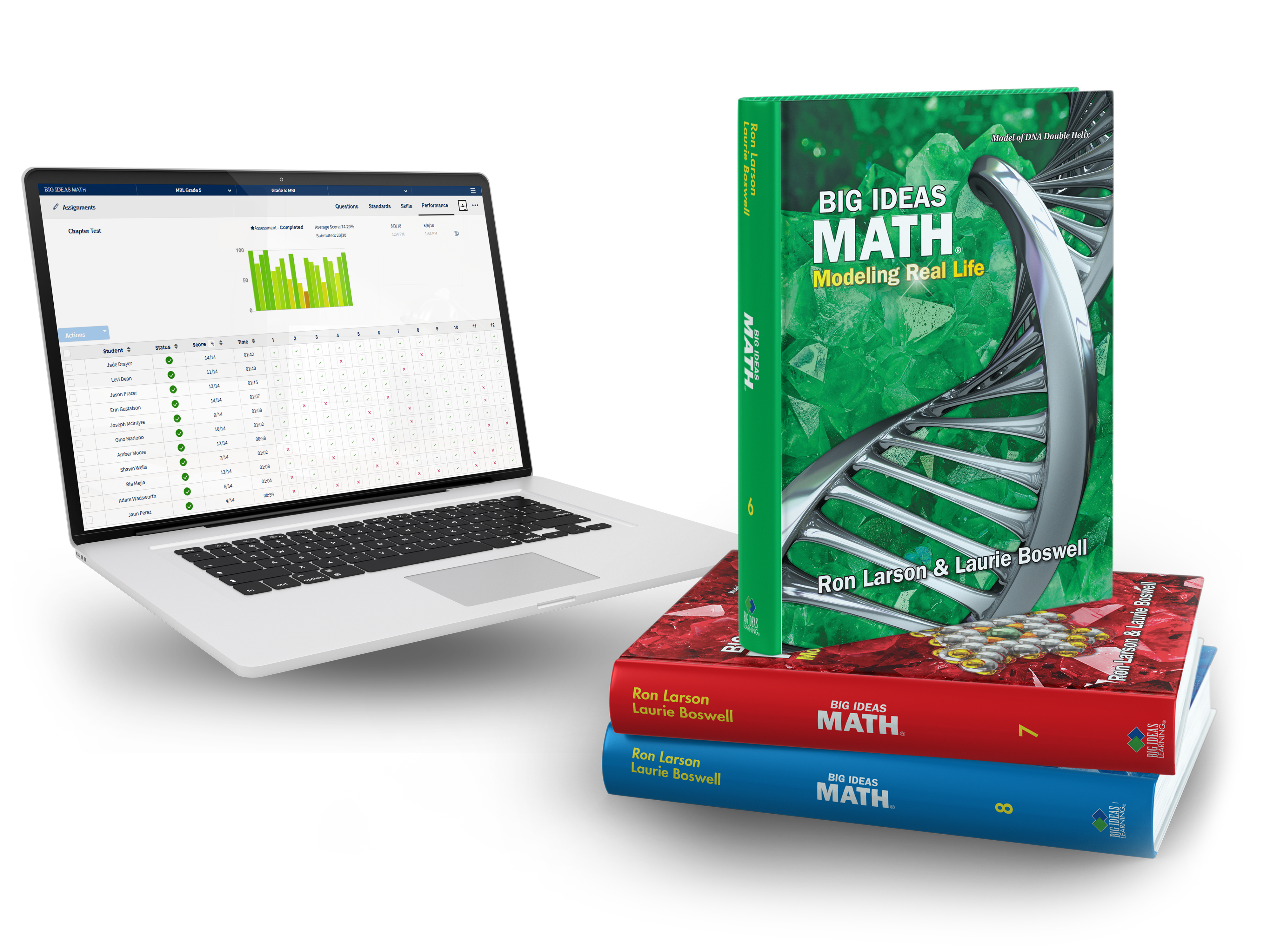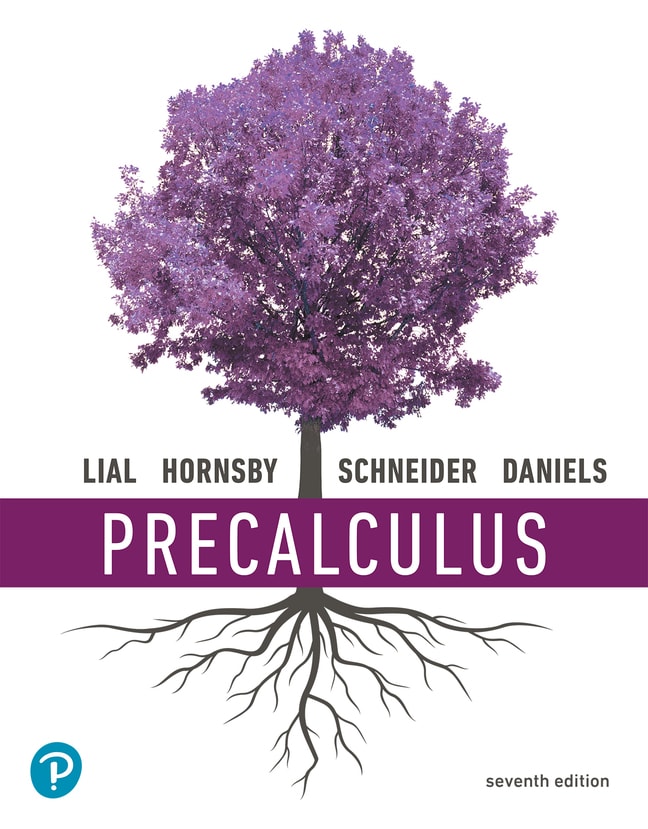The Jefferson Academy Math curriculum is designed to develop students to be critical thinkers and problem solvers, to be able to analyze real-world scenarios, and effectively communicate findings.
Use the links(teacher name) below for specific teacher information and websites.
| Ms. DeVoe |
7th Grade Math |
GSA Club |
Mr. Braunlich
|
8th Grade Math
|
RC Club
JH Track
JH Cross Country
|
Mr. Kain
|
8th Grade Math
Algebra I
Intro to Business
Applied Imagination(STEAM)
Personal Finance |
Math/Science Club
|
Mr. Proctor
|
Geometry
Algebra II |
Boys Soccer
Girls Soccer
|
Mrs. Thacker
|
Algebra I
Algebra II
Pre-Calc/Trig |
Coding Club |
Mrs. Ferbrache
|
Leadership
7th Grade Math
College Algebra MAT121
Precalculus MAT166
Calculus I MAT201
|
Student Government
Math/Science Club
|
Middle School Math

Modeling Real Life 6-8
The Big Ideas Math: Modeling Real Life program uses a Universal Design for Learning to create an engaging and innovative program that uses hands-on activities and scaffolded instruction. The instructional design guides students through concepts from surface-level to deep-level learning and allows them to transfer these skills to new concepts in a complete and comprehensive way. This allows for balanced lessons with built-in differentiation, as well as RTI support, that appeals to students and teachers alike.
The Big Ideas Math: Modeling Real Life series comes with two options of accelerating students, the Advanced Pathway and the Compacted Pathway. Students in either pathway cover all the middle school content in two years, allowing them to reach Algebra 1 in eighth grade and advanced mathematics in high school.
High School Mathematics

Savvas Realize: Algebra 1, Geometry, Algebra 2 teaches for understanding by incorporating an interwoven strand of thinking and reasoning into problem solving. This connects the math that students learn, from the first lesson to the last. By focusing on thinking, reasoning, and problem solving, students will become more prepared for success in school, in their careers, and in life. Students have the option to enroll in honors level courses for advanced concept instruction and weighted GPA in Geometry and Algebra 2.
Upper-Level Mathematics

Precalculus (high school)
The Precalculus course includes trigonometry content. Students who Precalculus can take this course can choose concurrent enrollment, which allows them to earn college math credits while in high school.
Front Range Community College Concurrent Enrollment Mathematics

College Algebra MAT 121
Catalog Course Description
Focuses on a variety of functions and the exploration of their graphs. Topics include: equations and inequalities, operations on functions, exponential and logarithmic functions, linear and non-linear systems, and an introduction to conic sections. This course provides essential skills for Science, Technology, Engineering, and Math (STEM) pathways. This is a statewide Guaranteed Transfer course in the GT-MA1 category.
Course Learning Outcomes
- Identify properties of functions including domain, range, increasing and decreasing.
- Apply function notation.
- Determine the inverse of a function.
- Examine functions algebraically.
- Analyze behavior and roots of polynomial functions.
- Solve polynomial, rational and absolute value equations and inequalities.
- Analyze polynomial, exponential, logarithmic and rational functions.
- Create graphs of polynomial, exponential, logarithmic and rational functions.
- Solve exponential and logarithmic equations.
- Analyze piecewise functions.
- Graph parent functions and their transformations.
- Utilize algebraic techniques to solve application problems.
- Solve systems of equations.
- Classify conic sections.

Precalculus MAT 166
Catalog Course Description
Extends algebraic concepts and explores the subject of trigonometry. Topics include: polynomial, rational, logarithmic, and exponential functions, trigonometric and inverse trigonometric functions and their graphs, trigonometric identities, and applications. This course provides essential skills for Science, Technology, Engineering, and Math (STEM) pathways.
Course Learning Outcomes
This course teaches all of the following learning outcomes, ensuring transferability of this course between all institutions within the Colorado Community College System.
1. Analyze functions, their properties and graphs.
2. Solve equations and inequalities.
3. Utilize basic definitions of trigonometric concepts.
4. Extend concepts of trigonometry to solve application problems.
5. Apply the six inverse trigonometric functions.
6. Graph trigonometric functions.
7. Make use of trigonometric identities.
8. Utilize methods of analytic trigonometry to solve trigonometric equations.
9. Apply definitions of the polar coordinate system to perform operations in the rectangular, polar and complex systems.
Introductory Statistics